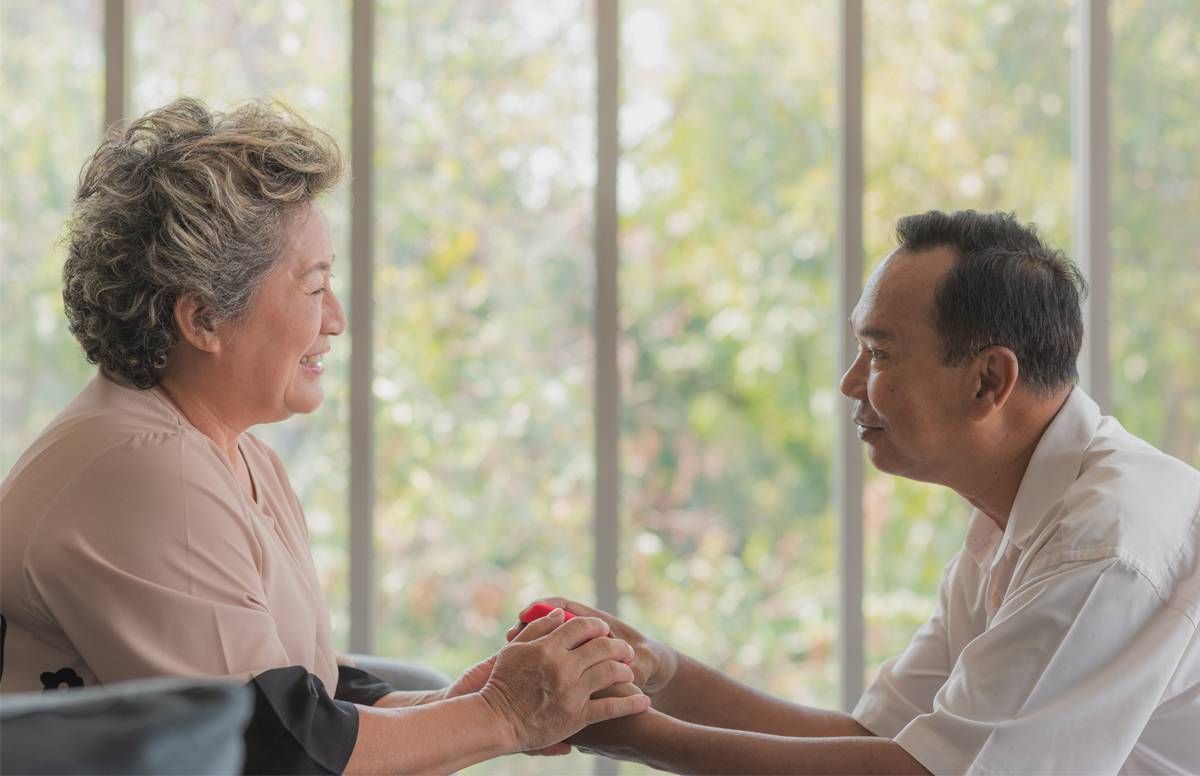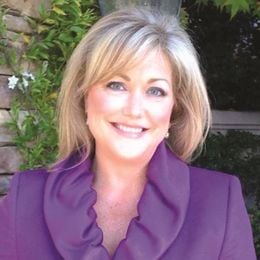Dealing With the Added Challenges of Home Care During the Coronavirus Crisis
How professional and family caregivers are coping
Amid the growing coronavirus (COVID-19) crisis, the economic and emotional fallout is significant, especially for family caregivers of older loved ones living at home who are considered at higher risk for serious COVID-19 illness.

“This crisis has put a new lens on caregiving — both the family members and the (professional) direct care workers — and is showing us how invaluable their work is to our collective well-being,” says Janet Kim, communications director at Caring Across Generations, an advocacy group supporting paid care workers and family caregivers.
"This crisis has put a new lens on caregiving — both the family members and the (professional) direct care workers — and is showing us how invaluable their work is to our collective well-being."
“Right now, communication is the number-one key to ensuring health and safety remain our top priority for our home care workforce and for our clients and their family caregivers,” says Vicki Hoak, executive director of the Home Care Association of America.
She also says professional home care workers fill in for family members who cannot be with their loved ones very often or for long periods of time because of work or long distance.
“The home aide can take frequent temperature readings and notice if there are any changes in conditions, rather than having an older adult at home alone who make not notice any virus symptoms,” Hoak says. “This can make all the difference in the world to get a loved one immediate care or possible testing.”
Our Commitment to Covering the Coronavirus
We are committed to reliable reporting on the risks of the coronavirus and steps you can take to benefit you, your loved ones and others in your community. Read Next Avenue's Coronavirus Coverage.
Following Safety Guidelines
Professional caregivers follow guidelines for protecting themselves and their clients from COVID-19. The guidelines are set by the Centers for Disease Control and Prevention, and their employers and professional associations. They wear protective gear, such as face masks and gloves, while working with clients, and follow protocols and procedures for monitoring their own health to ensure client safety.
Those who receive professional home health care services can ask their agencies about these protective measures and should check to be sure their providers are following them.
The Challenge of Social Distancing
The directive from our health care experts during the pandemic is to practice social distancing. But for family caregivers, the concern about social distancing poses myriad challenges, not the least of which is how to keep older loved ones safe and healthy without isolating them from much-needed comfort and care.
"An unintended consequence of social distancing is perhaps creating a social-isolation epidemic, something we worry about in our older population."
“The call for social distancing is necessary to combat this virus, and to not do so is potentially harmful to those most at risk,” says Dr. Scott Kaiser, chief innovation officer and practicing geriatrician at the Motion Picture & Television Fund (MPTF), a nonprofit providing an array of services, including a continuing care retirement community campus and home-based long-term care support to more than 50,000 older adults in the entertainment industry.
“An unintended consequence of social distancing is perhaps creating a social-isolation epidemic, something we worry about in our older population,” Kaiser says.
The MPTF has a social-isolation prevention program called the “Daily Call Sheet,” in which volunteers make daily telephone calls to older homebound adults, many who live alone. Kaiser believes in this situation of heightened anxiety, programs like the Daily Call Sheet become a lifeline for their members, helping to dispel the alarm and confusion they may feel.
The isolation problem can also impact family caregivers.
Jamie Webb, founder of Haven Care Management, provides dementia care management services for families across the country who have older loved ones at home or in memory care communities.
“I’m definitely seeing an increase in depression for my family caregiver clients because of the social distancing guidelines,” Webb says.
“As a dementia care manager, I can go inside the memory care community to check on loved ones they are not allowed to visit," Webb continues. "I’m sending them a lot of photos for more comfort and confidence that their loved one is all right. I’m also moving to an online Zoom-like (online video conferencing) format to hold family caregiver support group meetings, because now is when they need to feel connected and they want more education and communication about this crisis and how it might impact their loved ones.”
Changing Gloom and Doom to Gratitude
Adrienne Glusman, 39, is a caregiver for her mother who has multiple system atrophy and lives in an assisted living community in Florida. Glusman recently moved from New York City to Florida to provide one of the daily shifts of care for her mom. The care she provides adds up to more than 25 hours per week.
During this COVID-19 crisis, Glusman worked with the assisted living facility to ensure she would still be able to care for her mom as usual. Staffers take Glusman’s temperature every day and her daughter brings fresh clothes to change into to adhere to infection control procedures.
“It’s such an uncertain time. I’m just trying to provide the consistency and routine that is so important for my mom’s well-being,” Glusman says. “And it gives me comfort to be with her.”
Solutions for Family Caregivers
Social distancing and public health safety may make family caregivers feel disconnected from their loved ones. So, here are a few examples of apps and technology that can help caregivers overcome isolation:
Video chat relief. GrandCare Systems provides a computer and a monthly service subscription for remote monitoring, video chatting and other communication and entertainment functions. There are other video chat options, including FaceTime for Apple devices and Zoom for android devices.
Connections with neighbors. Apps like Nextdoor allow members of communities to connect on a volunteer basis to help older neighbors with grocery shopping and pharmacy-medication pickups. Outpatient is a caregiver collaboration app that lets families stay connected and up to date on a loved one’s condition or daily needs.

Sherri Snelling is a corporate gerontologist, speaker, and consultant in aging and caregiving. She is the author of “Me Time Monday – The Weekly Wellness Plan to Find Balance and Joy for a Busy Life” and host of the "Caregiving Club On Air" podcast. Read More

